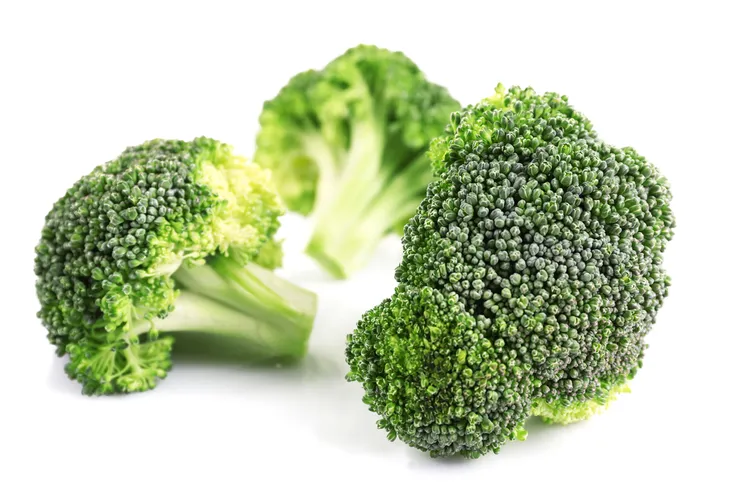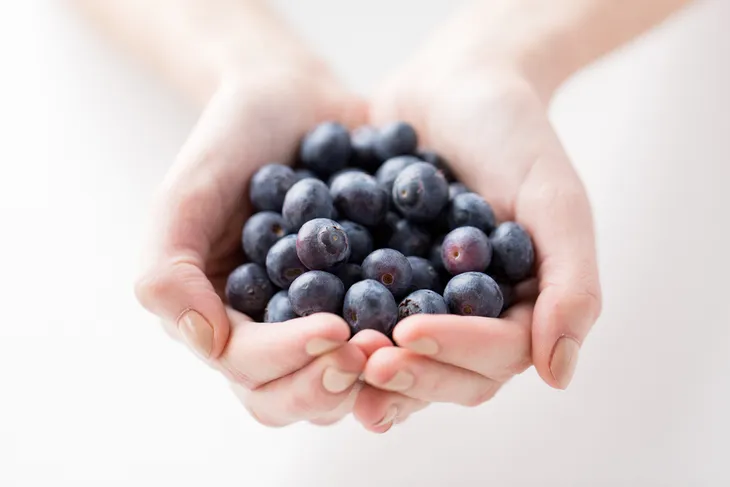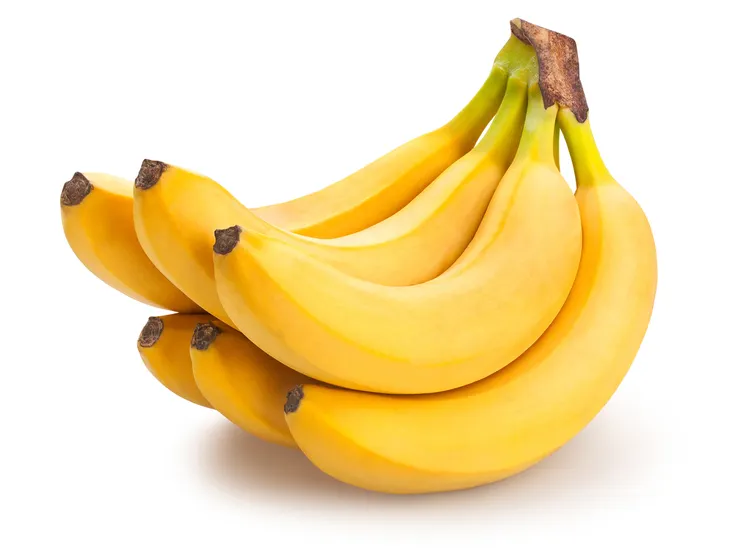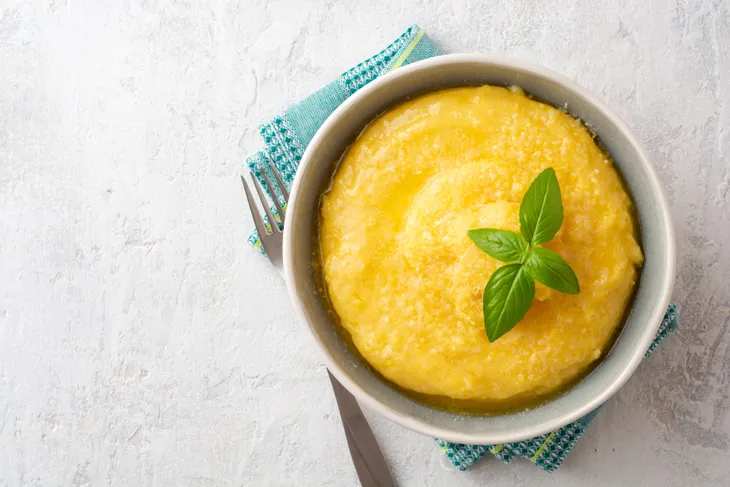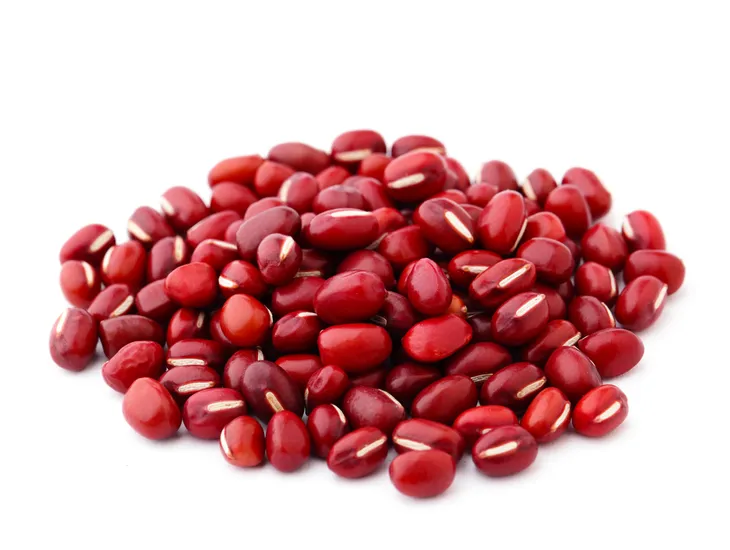There’s nothing fun about stomach and intestinal problems. If you’re one of the many people that deals with these issues on a daily basis, you know that you’d do just about anything to put this pain behind you (no pun intended).
The good news is that there are a number of different foods that can help your body effectively and painlessly digest your meals. The key is finding foods that are easy to digest and encourage the cultivation of gut flora, or bacteria that actively assist in the digestion process…
Broccoli
If you were like most kids, chances are, at some point or another, you sat staring with spite at a lump of broccoli, wishing it would disappear from your plate. Unfortunately, broccoli just isn’t a favorite among youngsters.
However, broccoli is a great choice for people with intestinal problems. That’s because it contains metabolites, known as glucosinolates, which help in the digestion process by breaking down foods without causing inflammation.
Blueberries
If you’re having trouble comfortably digesting your food, look no further than blueberries. These baby blues contain compounds capable of modifying microbiota in the stomach and intestines.
Blueberries are a great choice for a number of reasons. First, not only do they help in digestion, but second, they also contain antioxidants that can improve our immune system. This can help us stave off infection and reduce inflammation.
Artichokes
Artichokes are often found in delicious Italian foods like pasta and pizza. But they’re more than just a tasty topping for these dishes. Artichokes contain lots of inulin, a compound that boosts probiotic functionality, and also aids the digestion process.
Artichokes also contain a healthy amount of insoluble fiber, which helps keep us “regular.” That said, foods high in insoluble fiber can be hard to digest at first. So don’t overdo it on artichokes when you’re introducing them to your diet. Instead, progressively increase your intake of this food item gradually.
Bananas
Even people who have a hard time eating fruit tend to like bananas. Why? It’s probably related to their sweet taste and buttery texture, which is why they’re a favorite addition to desserts like pie and ice cream.
However, bananas also help to boost the activity of microbes in the intestines, aiding in the digestion process. Bananas, which contain high levels of potassium and magnesium, have also been linked to the reduction of inflammation. That’s why so many medical professionals tell their patients to eat bananas when experiencing an upset stomach, and why bananas are part of the BRAT (bananas, rice, apple sauce, and toast) diet.
Polenta
If you’re a fan of Mexican food, chances are you’ve come across polenta, a high-fiber and corn-based carbohydrate. When prepared by an experienced chef, it has a delicious, creamy texture.
But there’s more to polenta than just its addictive taste. This corn based side contains lots of insoluble fiber, which encourages fermentation in the gut and helps food pass easily through the body. However, be sure to slowly ramp up your intake of polenta, as it could be taxing on the system of someone with a sensitive stomach.
Beans
Beans, beans, the magical fruit, the more you eat them, the more you — well, you get the picture. Beans, like most legumes, contain loads of fiber, which can help keep food moving steadily through the body.
But that’s not all. Beans also help boost the activity of healthy bacteria, a process that can improve immune system functionality. Beans also contain loads of protein, making them a healthy choice for vegetarians and vegans.
Kimchi
If you don’t eat a lot of Asian food, there’s a good chance you’ve never heard of kimchi, which is essentially fermented cabbage. But this unique dish is incredibly popular in Asian countries, like South Korea, where it accompanies most dishes.
And there’s good reason to eat kimchi. Similar to other fermented foods, kimchi can boost the activity of healthy microorganisms in the gut, thereby assisting in the digestion process. If kimchi is not your thing, try other pickled products, like sauerkraut.
Yogurt
The term “probiotic” is currently the most trendy word in food science. Probiotics are essentially friendly bacteria that are always present in the digestive system. Some foods, such as yogurt, boost the production and activity of these good bacteria.
That’s why there are so many yogurts promising to help with digestion. And while some experts do believe this is the case, the science isn’t entirely conclusive. So take this information (just not your yogurt) with a grain of salt.

